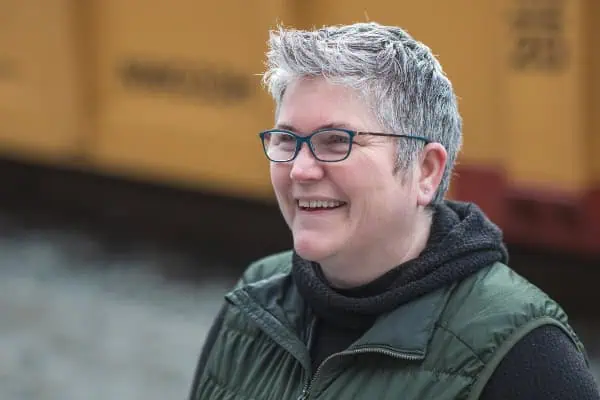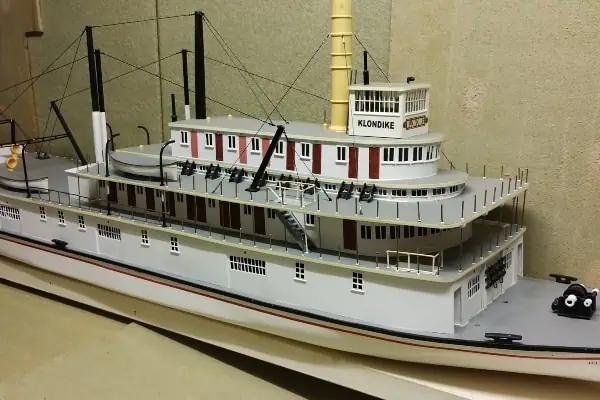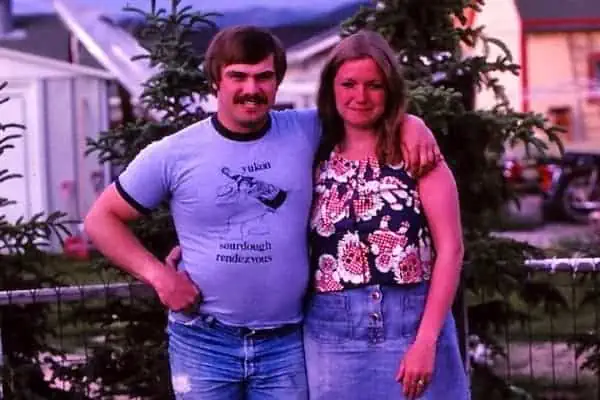The Japanese Canadian Association of Yukon (JCAY) will be hosting events this November in recognition of the 30th anniversary of the success of the Redress campaign in 1988.
Fumi Torigai, former president of JACY, for 9 years, now community-relations advisor, explains that, in 1942, after the attack on Pearl Harbour, Canada joined World War II.
“America and Canada, what they did, they put an act into effect. All Japanese descendants—old, young, men, women, children, babies—it didn’t matter,” said Torigai. “They were labelled enemy aliens. Citizens were sent to interior B.C. or farther inland to internment camps. Many were Canadian citizens, about 75 per cent. They were kept there until 1949 … four years after the war ended.”
Some 22,000 Canadian citizens and residents were taken from their homes, on Canada’s West Coast, without due process or any warning. They were sent to remote areas of B.C. and as far as Saskatchewan. The Canadian government had stripped these Canadian citizens of their rights and property.
“People were put into internment camps, and many didn’t speak about it for many years,” explained Torigai. “[However], the second and third generations learned about the history. They were educated in Canada and heard what the government had done to Japanese Canadians. They studied resistance campaigning.”
These various scholars and activists challenged the Canadian government and (with the support of communities, indigenous peoples and ethnic groups), in 1988, Prime Minister Mulroney apologized to Japanese Canadians.
“[During] this celebration [of the] 30th anniversary of Redress, we would like to see the positive side and influence of the Redress … what the Redress has done to the Canadian society and democracy,” explained Torigai. “Shortly after that, the government apologized to Chinese; then, after that, residential school survivors. Things were moving ahead and the focus on the positive that the redress had and how it influenced the Canadian public opinion, democracy, political thinking.”
To celebrate the anniversary, JCAY has arranged a film festival featuring the 2016 film called Her Love Boils Bathwater, directed by Ryota Nakano. The film won numerous awards in Japan and was entered for the Best Foreign Language Film at the 90th Academy Awards.
“The film festival will be showing a current film showing Japanese culture and day-to-day life of contemporary Japan,” said Torigai. “It will give Canadian people an understanding that we might have different cultures and different ways of living, but we are people.
“We are all human beings. We all laugh, we get angry, we experience sorrow and hardships—all in different ways—but we are all human beings.”
In addition, JCAY will bring Art Miki, from Winnipeg, to speak at the Yukon College and the public library. “He was the leader of the Redress,” said Torigai. “He is a hero among Japanese Canadians. We have to work together and don’t label one group of people and stop fighting against each other. We need to stop hatred with each other. There is more and more violence, but we need peace.” JCAY hopes that highlighting the positive impacts of the Redress will help everybody to understand, learn and utilize the opportunity for positive growth in multicultural Canada.
“[People] probably don’t know much of this history. Many Canadians are not aware of what happened,” said Torigai. “We would like ordinary Canadian people to know more about what happened 76 years ago, what happened 30 years [ago] and what that means to us.”
In today’s world, it’s becoming important to acknowledge and learn from history.
“As part of Miki’s appearance in the Yukon, the hope is that he can inform and educate to the general public, including schools.
“People are denying history, but we can’t let that happen. I just met a Holocaust survivor who spoke at the high school,” said Torigai. “That’s very important. Our community has fought hard to get the Redress to bring this to people [in the Yukon].”
If you visit Auschwitz, the well-known concentration camp in Oświęcim, Poland, you will see the famous, disturbing slogan, “Work will set you free.” Inside the haunted halls of the buildings reads George Santayana’s quote: “Those who cannot remember the past are condemned to repeat it.”
You can visit the JCAY website at http://info.jcayukon.org, or find them on Facebook for information about events.




